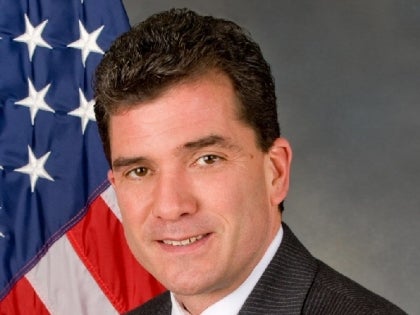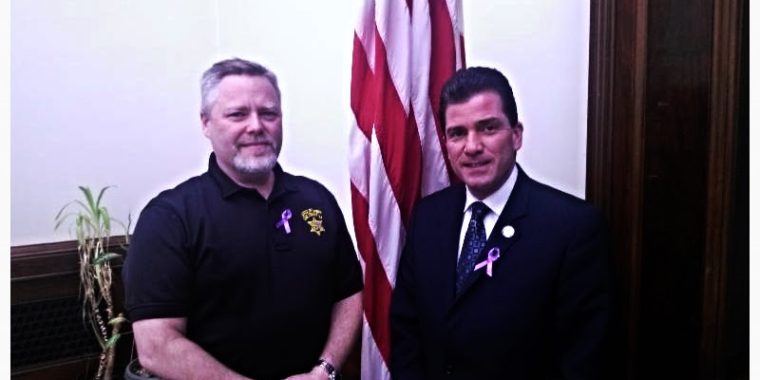
Senate Passes Independent Redistricting Commission: Grisanti votes "yes"
Mark Grisanti
March 14, 2011
-
ISSUE:
- Elections
Measure Would Reform Process To Draw District Lines In A Fair, Non-partisan Manner
The New York State Senate today passed a constitutional amendment, sponsored by Senator John Bonacic (R-C-I, Mount Hope), that would significantly reform the process by which new legislative and congressional district lines are determined. The amendment would create an independent, non-partisan apportionment commission, as called for in the NY Uprising pledge.
“ As I have stated previously, I am firmly against gerrymandering and the division of ethnic groups and cultures,” said Senator Grisanti. “We have taken the initial steps in forming an independent commission and now we can get back to creating jobs and fixing our $10 billion dollar deficit,” said Senator Grisanti.
“This is a truly fair and non-partisan redistricting reform bill that is constitutional, does not give unfair influence to either party in the process and fulfills our commitment to address this issue,” Senate Majority Leader Dean G. Skelos said. “With this action, we have taken a significant step towards reform that the Senate Democrats were never willing to take in the past two years.”
The bill (S.3331) would create an independent, non-partisan, apportionment committee to draw new legislative and Congressional districts every ten years. The commission shall consist of five members, none of whom may be past or current public officials, nor past or current office holders in any political party. The Temporary President of the Senate, the Speaker of the Assembly, the Minority Leader of the Senate and the Minority Leader of the Assembly would each select one member. The four members would select, by a vote of at least three members, a fifth member to serve as chair of the panel.
“I am pleased this day has finally come. The Senate Democrats failed to address reapportionment in any form during the two years they were in the majority,” said Senator Bonacic. “I have been an advocate of non-partisan redistricting for years and it is encouraging that we’re taking this important step in the direction of reform.”
The State Constitution (Article 3) tasks the Legislature solely with the responsibility of redistricting. This has been upheld by the state Court of Appeals in numerous decisions. The only way to truly change the redistricting process is through a constitutional amendment.
In November 2010, voters in California, Florida and Oklahoma approved redistricting reform constitutional amendments.
In addition to creating an independent, non-partisan commission, the amendment approved by the Senate today included the following measures to reform the process:
* In no case shall a Senate district have a population which varies from the average population of all districts, unless a population variance is necessary to comply with one of the other standards set forth in this section, and in no case shall a single district have a population which varies more than five percent from the average population of all districts.
* The districts of a house shall be as compact as possible, consistent with the standards listed above. In no case shall the aggregate length of the boundaries of all the districts of a house exceed by more than five percent the shortest possible aggregate length of all the districts under any other plan for the same house that is consistent with the other standards contained in the Constitution.
* Districts shall not be drawn for the purpose of favoring any political party, incumbent legislator or other person or group. In preparing a plan, the commission shall not consider or take into account the address of individual persons, including incumbent legislators. The commission shall not use the political affiliations of registered voters, previous election results, addresses of incumbent legislators, addresses of individual persons and demographic information other than population head counts for the purpose of favoring any political party, incumbent legislator or other person or group. Districts shall not be drawn for the purpose of diluting the voting strength of any language or racial minority group.
Share this Article or Press Release
Newsroom
Go to Newsroom


